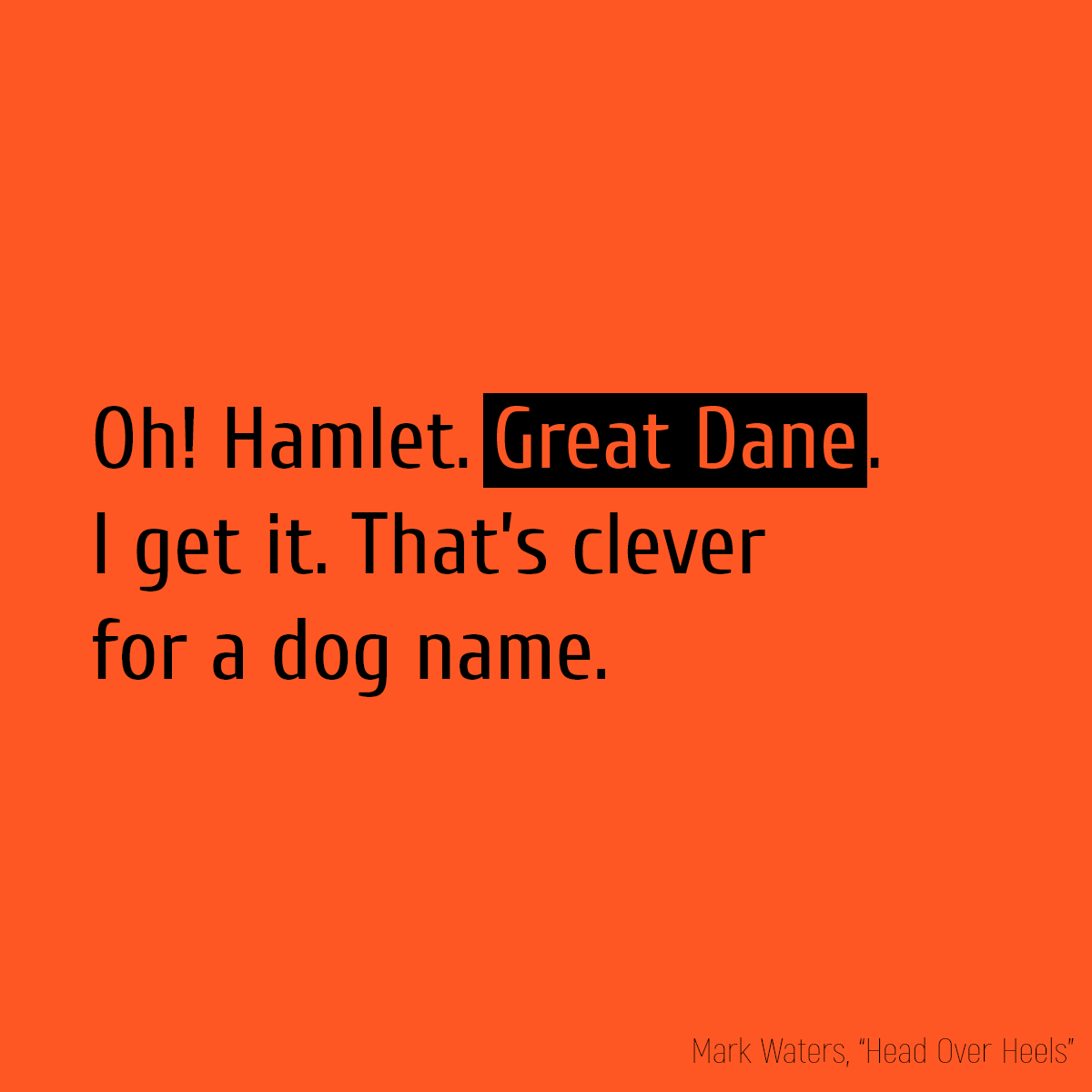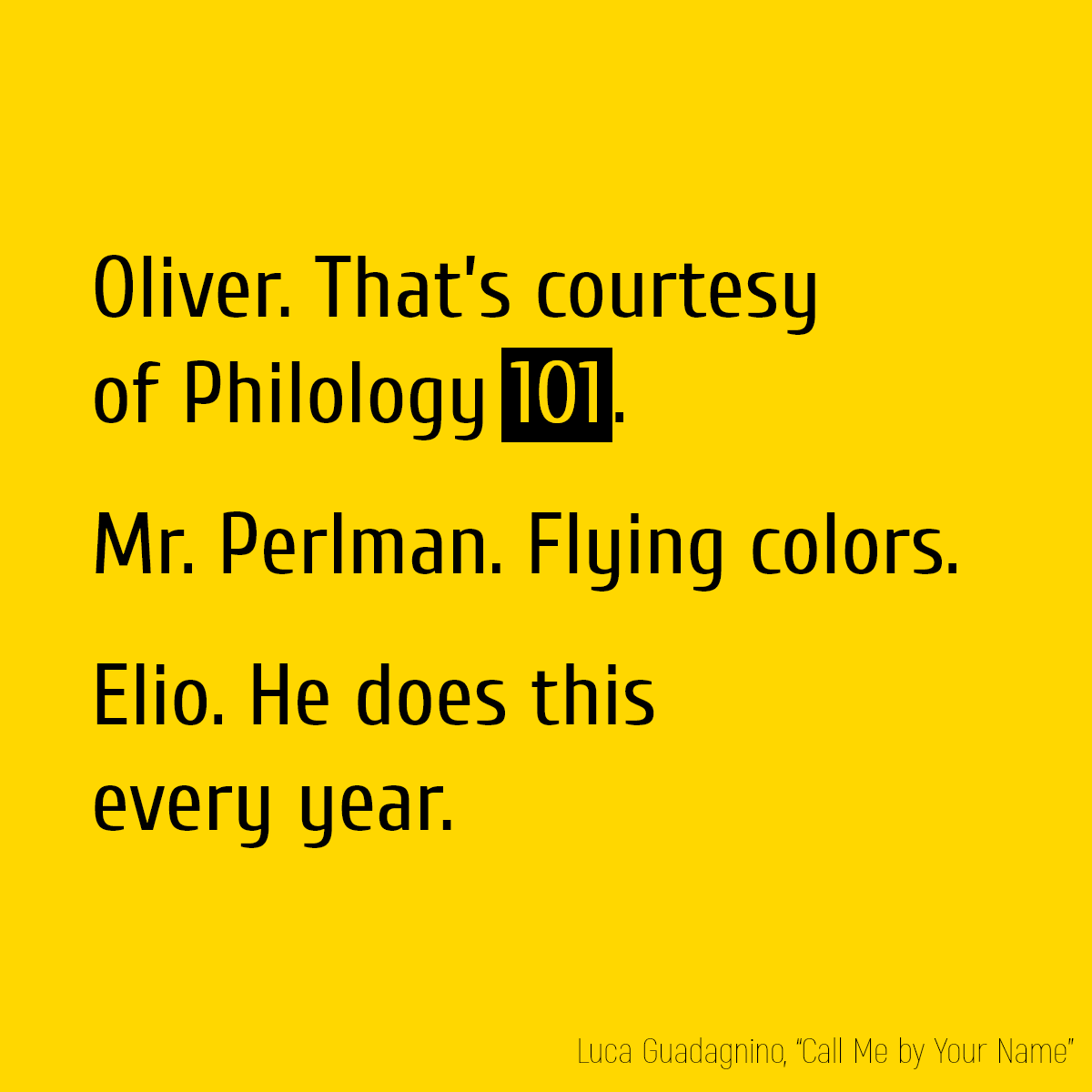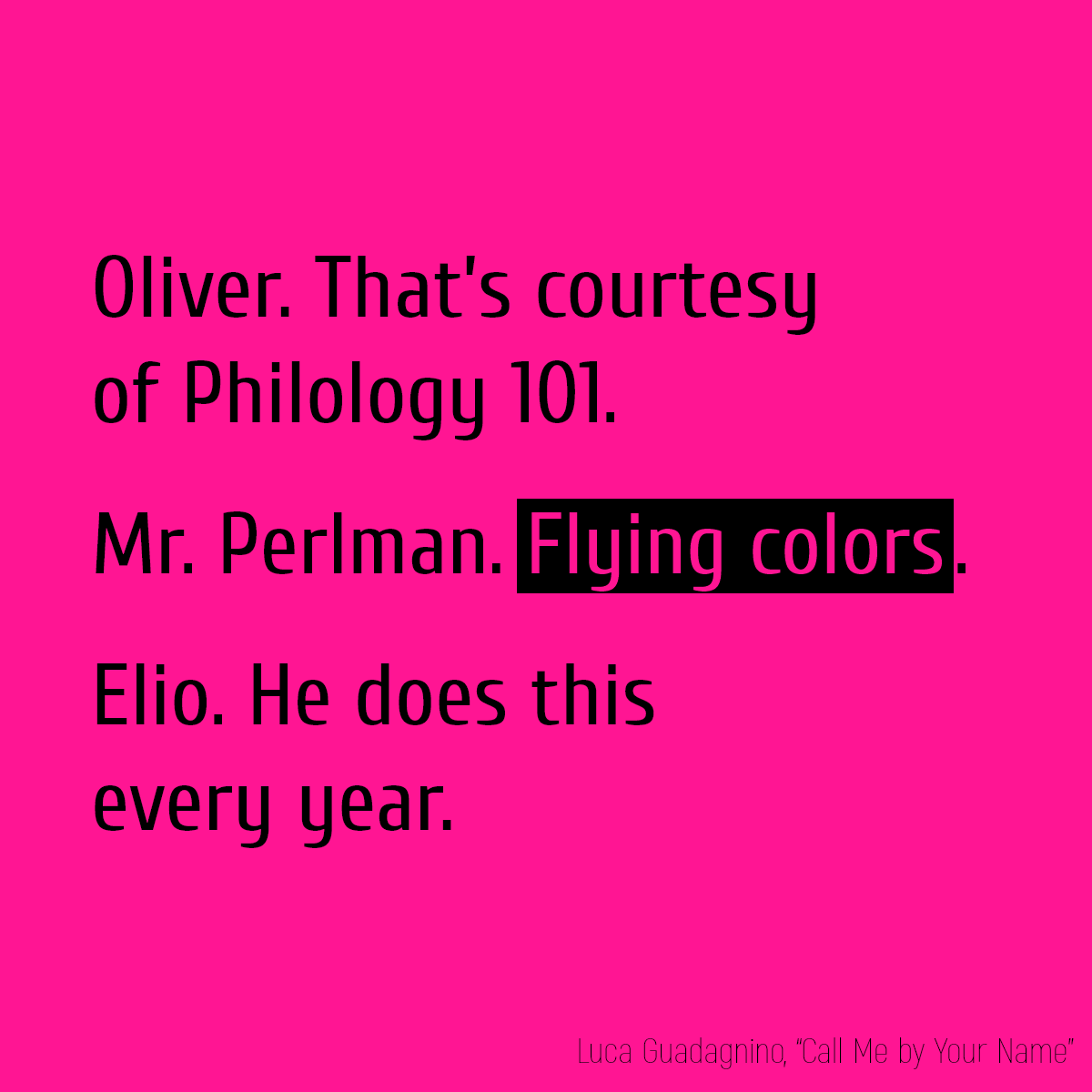Полцарства за кроля
После «Head Over Heels» пересмотрела «How to Lose a Guy in 10 Days», а там опять абрикосы и Шекспир. Чтобы написать статью в гламурный журнал, Энди знакомится с парнем и делает всё, чтобы он её бросил за 10 дней. Но парнем оказывается Бен, который заключил пари, что Энди влюбится в него за 10 дней, и поэтому он терпит всё что угодно. Даже самое страшное:
Andy. Does Princess Sophia want to come out and play?
Ben. Who’s Princess Sophia?
Ben. No, no, no, no... no! [...] You’re kidding me, right? Princess Sophia?
Andy. Little, big, little, big, I don’t know. We will find out!
Ben. All right, listen. [...]

Как и в русском, английский «member» — это не только член палаты лордов. А Бен, похоже, киноман — вместо принцессы Софии он предлагает Энди бульдога Спайка из «Тома и Джерри» и короля Крулла из одноименного фильма. Откуда Буч, не уверена, но переводчик решил не заморачиваться:
Слушай, детка, раз тебе хочется подобрать ему прозвище, оно должно быть сверхмужественным. Например: шпага, буйвол, Крулл, король-воин, но не принцесса София.
После такого у Энди не осталось выбора — ей пришлось купить Бену крошечную собачку и назвать её Круллом. Но сначала она сделала вид, что сдалась:
Andy. Does Kr-rull, the Warrior King want to come out and play? Oh, come on...
Ben. No.
Andy. Kr-rull...
Ben. You know what?
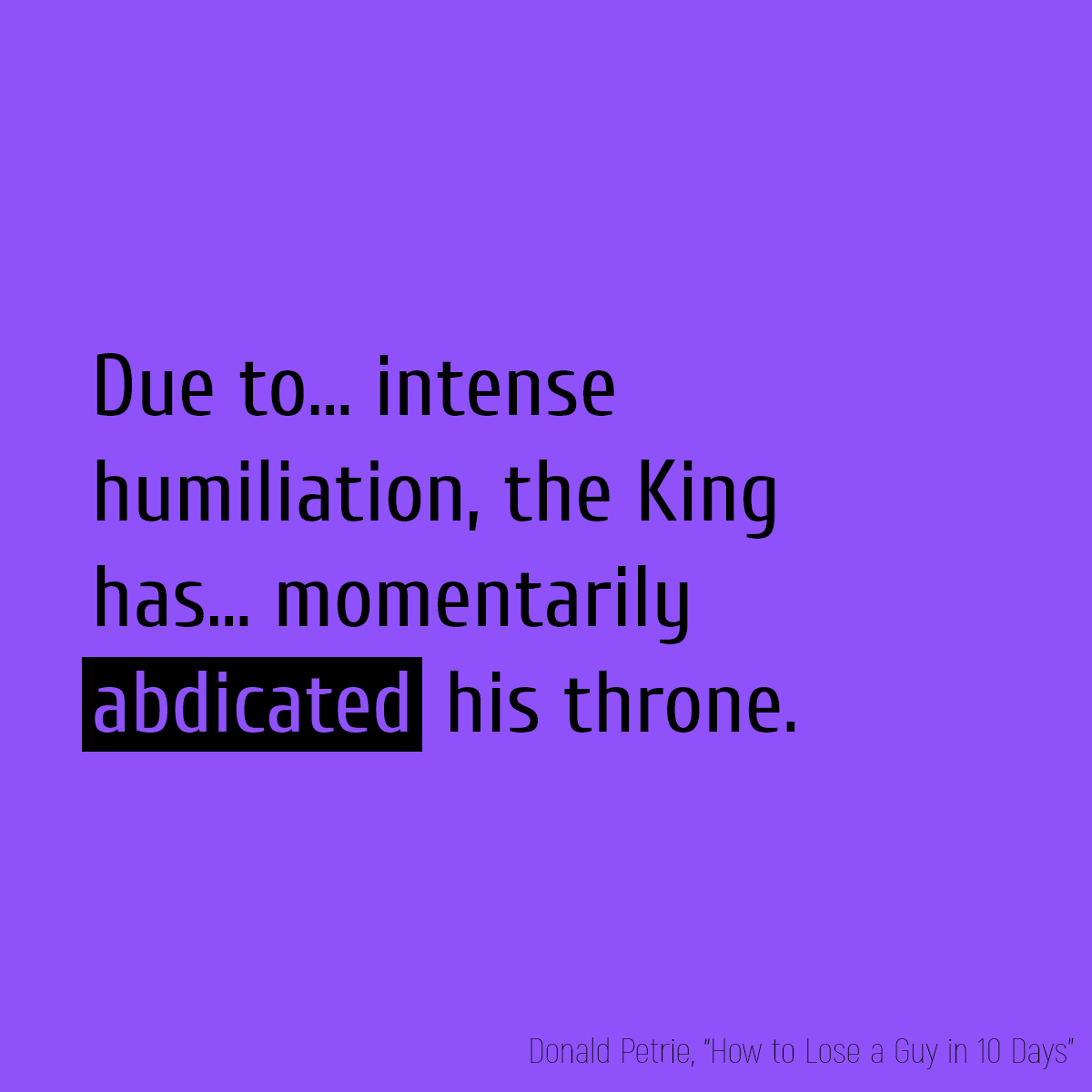
Король ненадолго отрёкся от престола, и его можно понять, ведь в дубляже его назвали Крулей.
abdicated = ab + dick, а Тимоти Шаламе играл Генриха V в фильме «The King».
Никогда не думала, что абрикосы и Шекспир так полезны для запоминания слов.


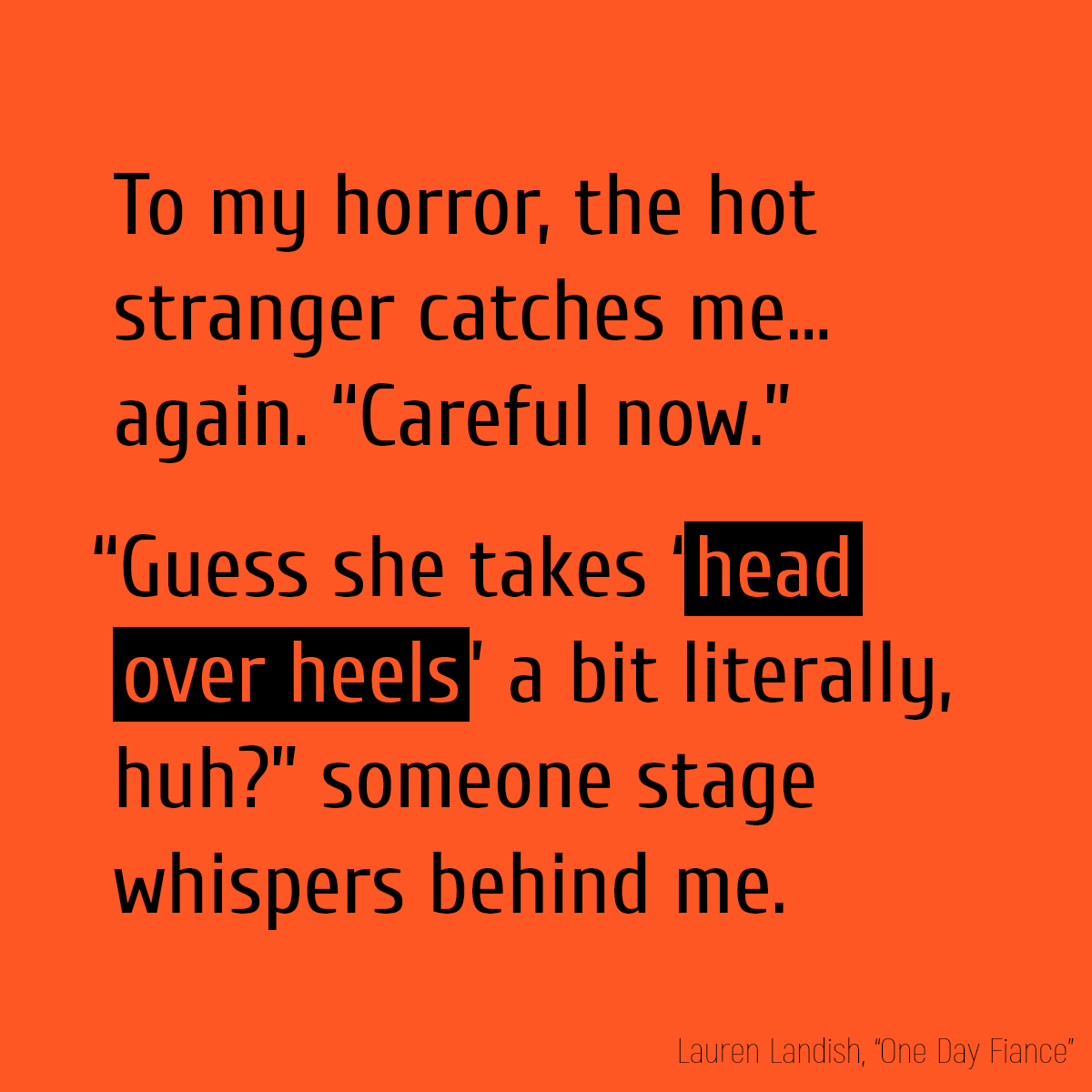
![Look, it was nice to meet you and your huge **dong**. I mean, his huge **dong**. [...] I mean, his huge dick. Dog! Huge dog! Right. Okay. Gotta go.](http://dissimulazione.com/blog/pictures/dong@2x.png)
